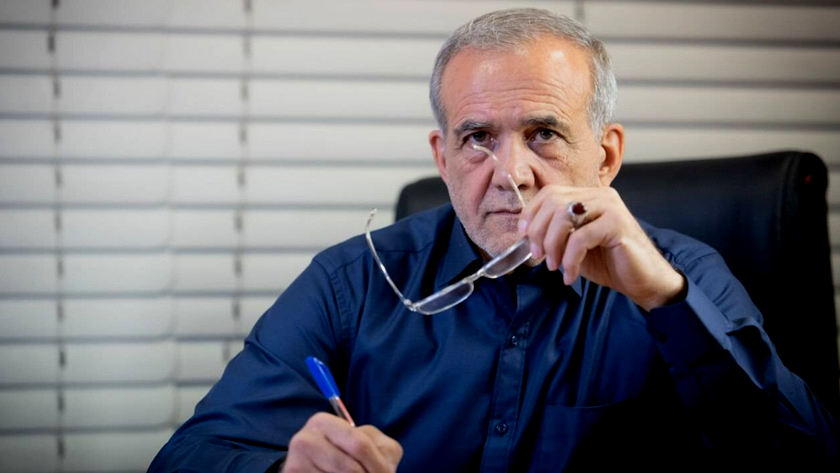Iran’s New Presidency: What It Means for Iran-China Relations
With Masoud Pezeshkian elected as Iran’s new president, the future of Iran-China relations is under scrutiny. Both nations hold significant sway in their respective regions and global markets, making their partnership a focal point for international watchers. Iran is a major player in West Asia and one of the world’s largest oil producers and exporters. China, an emerging superpower and permanent member of the UN Security Council, has a substantial interest in Middle Eastern oil resources.
Historical Context of Iran-China Relations
The relationship between Iran and China has evolved significantly over the years, driven by mutual economic and strategic interests. The bilateral ties have been especially scrutinized due to the geopolitical ramifications involving other global powers, notably the United States. The U.S. has consistently opposed the strengthening of Iran-China ties, viewing it as a threat to its own geopolitical interests. Washington argues that Iran seeks to circumvent international sanctions by bolstering relations with China, while China aims to expand its influence in West Asia and secure its energy needs.
The 25-Year Strategic Agreement
Under the tenure of former Iranian President Ebrahim Raisi, Iran and China signed a landmark 25-year strategic agreement. This pact aims to enhance cooperation in various sectors, including energy, infrastructure, and technology. The agreement serves as a cornerstone of their bilateral relations and has set the tone for future engagements between the two nations.
Masoud Pezeshkian’s Foreign Policy Vision
As Masoud Pezeshkian assumes office, many are watching to see how his administration will navigate this critical relationship. In a recent note published by the Tehran Times, Pezeshkian emphasized the importance of Iran’s alliances with China and Russia. "China and Russia have consistently stood by us during challenging times. We deeply value this friendship. Our 25-year roadmap with China represents a significant milestone towards establishing a mutually beneficial comprehensive strategic partnership, and we look forward to collaborating more extensively with Beijing as we advance towards a new global order," he stated.
Such statements indicate that Pezeshkian is likely to continue the existing trajectory of Iran’s foreign policy, emphasizing stronger ties with China. This approach signals that the strategic importance of the Iran-China relationship will remain a priority for his administration.
China’s Stance on the New Iranian Administration
China has also shown a willingness to continue its strategic partnership with Iran. Lin Jian, the Spokesperson for the Chinese Ministry of Foreign Affairs, noted, "China and Iran enjoy a long history of friendly exchanges, and the bilateral relations have maintained sound and steady development since the establishment of diplomatic ties more than half a century ago. In the face of complex regional and international situations, China and Iran have always supported each other and worked together to consolidate strategic mutual trust."
The Road Ahead
The evolving geopolitical landscape necessitates a keen understanding of the dynamics at play between Iran and China. Both nations stand to gain from a robust partnership, not only economically but also strategically. As Pezeshkian begins his term, his administration’s dealings with China will be a critical area for policymakers and analysts around the world to watch.
Conclusion
Masoud Pezeshkian’s administration is poised to continue and potentially deepen Iran’s strategic relationship with China. Given the significant political, economic, and strategic stakes, the world will be watching closely to see how this relationship unfolds in the coming years.
For more information, you can visit the official website of the Iranian President’s Office.
This article aims to provide a comprehensive overview of the current state and future direction of Iran-China relations under the new Iranian administration. It is essential reading for anyone interested in global geopolitical trends and their implications for regional stability and international relations.
